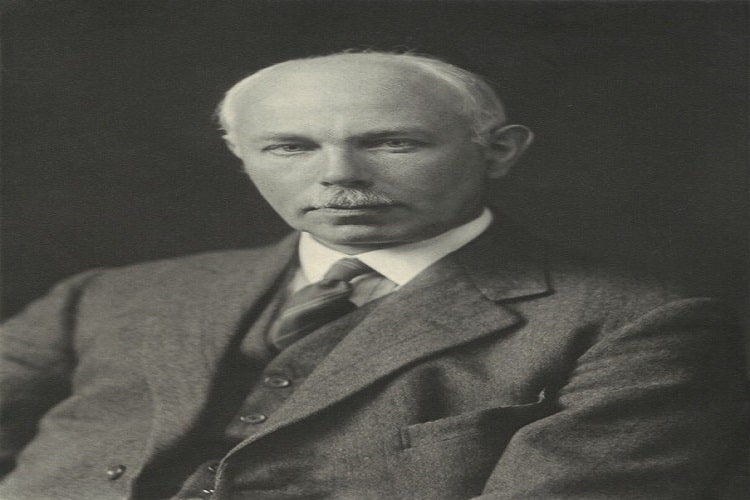Francis William Aston: Pioneer of Mass Spectrometry and Nobel Laureate

Francis William Aston (1 September 1877 – 20 November 1945) was a prominent British scientist. In 1922, Aston received the Nobel Prize in Chemistry.
Life and Career
Francis William Aston was born on 1 September 1877, in Harborne, Birmingham, United Kingdom. He pursued his education at the University of Birmingham, focusing on chemistry and physics. His dedication and passion for these subjects paved the way for his remarkable career in the scientific community.
Aston’s career was marked by groundbreaking contributions in the realm of physics and chemistry. His most notable work revolved around mass spectrometry, a technique used to determine the masses of atoms and molecules. In 1919, he designed the first mass spectrograph, a device that enabled precise measurement of atomic masses and isotopic compositions. This innovation transformed the field of nuclear physics and played a pivotal role in advancing our understanding of atomic structure and elements.
Francis William Aston passed away on 20 November 1945, in Cambridge, United Kingdom.
Award and Legacy
In 1922, Aston received the Nobel Prize in Chemistry for his pioneering work on isotopes and mass spectrography. His precise measurements of atomic masses and the identification of various isotopes contributed to the development of the periodic table and advanced our understanding of nuclear physics.
Francis William Aston’s legacy is etched in the annals of scientific history. His ingenious development of the mass spectrograph revolutionized the study of atomic and molecular properties, enabling researchers to unravel the mysteries of the microcosmic world. His meticulous work paved the way for advancements in various scientific disciplines and continues to serve as a foundation for ongoing discoveries in the realms of physics and chemistry.
Aston’s contributions remind us of the profound impact that a dedicated and inquisitive mind can have on shaping our understanding of the universe. His life story continues to inspire aspiring scientists and serves as a testament to the power of curiosity and innovation in driving human progress.
Observer Voice is the one stop site for National, International news, Sports, Editor’s Choice, Art/culture contents, Quotes and much more. We also cover historical contents. Historical contents includes World History, Indian History, and what happened today. The website also covers Entertainment across the India and World.

